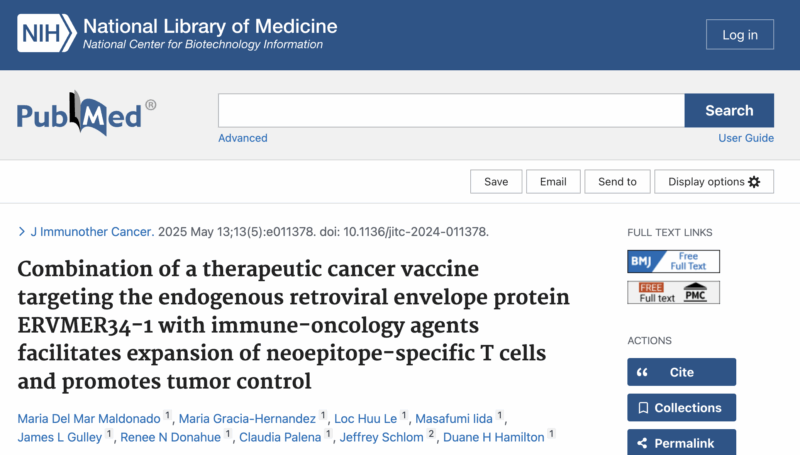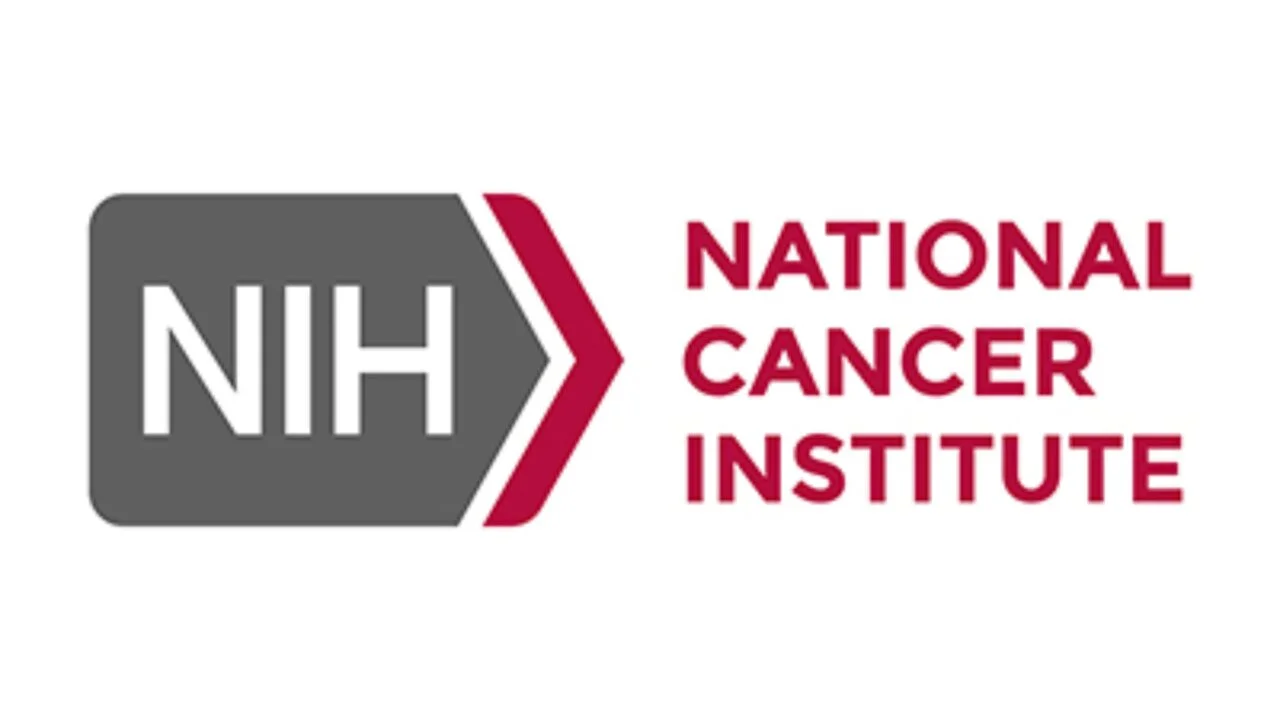NCI Center for Cancer Research shared a post on LinkedIn:
“Endogenous retroviruses (ERVs) are remnants of old viruses that naturally constitute between 5% and 8% of the human genome.
While ERVs tend to be inactive in normal adult human tissues, they are often overexpressed in some cancers.
NIH researchers from the Center for Cancer Research led a study to see if a specific ERV protein (ERVMER34-1) could be a potential immunotherapeutic target.
They found that the protein was present in many cancer samples but not in most healthy tissues; high levels of this protein in certain cancers were linked to poorer patient survival.
They were then able to create a promising new treatment to target ERVMER34-1.
Image: (1) Representative images of immunohistochemical staining of ERVMER34-1 protein expression (red) in human colon carcinoma, bladder carcinoma, lung adenocarcinoma, lung squamous cell carcinoma and endometrial carcinoma. Cytokeratin (green) is included as a tumor marker.
(2) RNA expression levels of ERVMER34-1 in multiple human carcinomas (black dots) along with histologically normal tissues adjacent to the tumor when available (orange dots).”
Title: Combination of a therapeutic cancer vaccine targeting the endogenous retroviral envelope protein ERVMER34-1 with immune-oncology agents facilitates expansion of neoepitope-specific T cells and promotes tumor control
Authors: Maria Maldonado, Maria Gracia-Hernandez, Loc Le, Masafumi Iida, James Gulley, Renee Donahue, Claudia Palena, Jeffrey Schlom, Duane Hamilton
Read more about their findings:

More posts featuring NCI Center for Cancer Research on OncoDaily.


